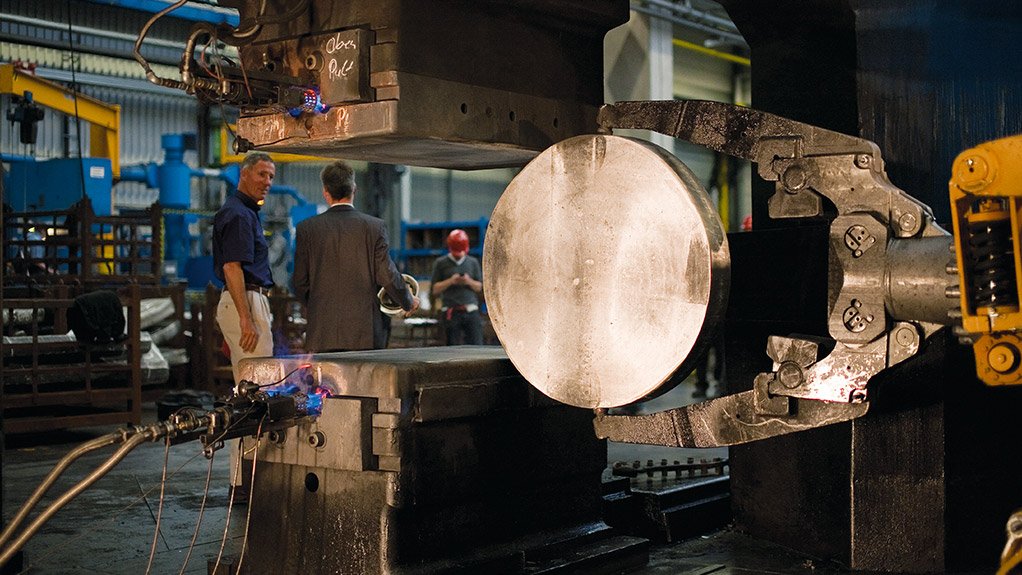Trade union Solidarity on Tuesday lambasted government for importing foreign skills in the form of 48 Cuban engineers, instead of appointing South African engineers, calling it a “disgrace”.
The first of 48 Cuban engineers, appointed to improve service delivery in the Free State, arrived in Bloemfontein on Sunday, while the rest arrived on Monday. They were welcomed at the African National Congress’s (ANC’s) regional headquarters in the city.
The engineers would mainly be involved in improving service delivery, such as the construction of government subsidised settlements, the provision of water, planning and project management, and sewerage and bulk infrastructure supply.
Their fields of expertise included civil engineering, hydraulic, structural and mechanical engineering, as well as project management.
“The ANC is conveying the message that they would rather appoint foreigners than their own people, and on top of that, they use South Africans’ tax money to compensate these appointees for their services,” Solidarity’s Centre for Fair Labour Practices head Dirk Groenewald said.
“It is a disgrace that the ANC and the government appoint foreigners rather than using the services of its citizens. These appointments will merely ensure that qualified, unemployed South Africans will further be alienated by the governing party,” he added.
ANC Free State spokesperson Thabo Meeko said the recruitment was part of a partnership between South Africa and Cuba that spanned more than ten years.
The engineers would work in the country for two years and would be strategically placed throughout the province, mainly in municipalities, to improve service delivery.
Meanwhile, the Democratic Alliance and the Economic Freedom Fighters also expressed their opposition to the hiring of the Cuban engineers.
Consulting Engineers South Africa (Cesa) president Abe Thela earlier this year also spoke out against the hiring of the foreign engineers, saying the recruitment was worrying, as Cuban engineering skills were not recognised by the Engineering Council of South Africa, as they were not part of the Washington accord, which governs international engineering qualifications.
“Our member firms are only being 60% used and have 40% spare capacity while they are waiting for government to bring projects on stream. It has been a sore point for Cesa that the three levels of government have acute shortages in the area of technically qualified managers.”
Thela added that Cesa had more than 500 qualified and professionally registered member firms with “high ethical standards and integrity to accelerate the development of infrastructure” and to help with the development of competent municipal engineers in the long term.
He believed that, by rolling out infrastructure development projects, more jobs would be created, leading to more experiential training and accelerated service delivery imperatives.
The South African Institution of Civil Engineering CEO Manglin Pillay also criticised the move, noting that government needed to attract South African engineers back to South Africa and the government sector, where they were most needed.
“If there is a shortage thereafter, then the whole world can join us,” he remarked.
EMAIL THIS ARTICLE SAVE THIS ARTICLE
To subscribe email subscriptions@creamermedia.co.za or click here
To advertise email advertising@creamermedia.co.za or click here











